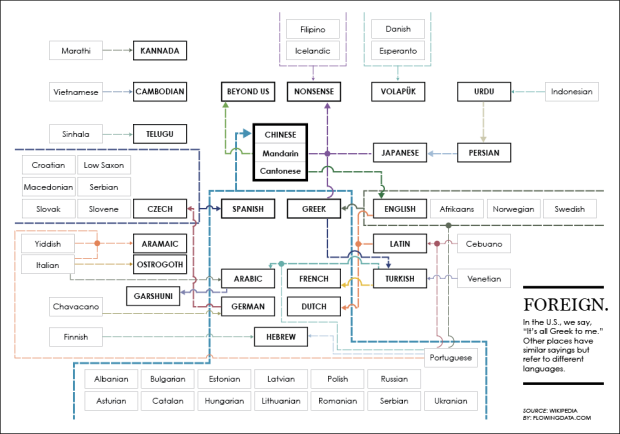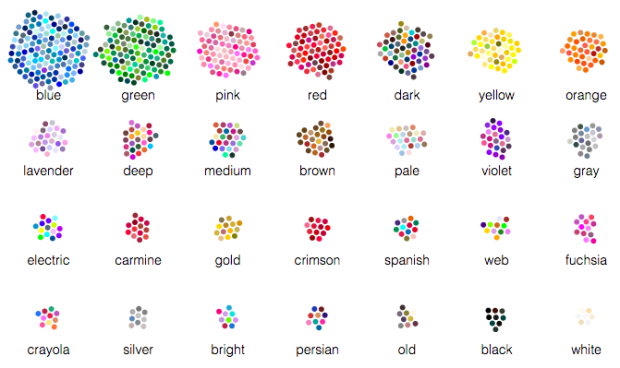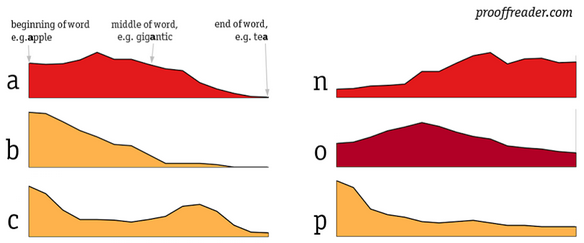Apparently, a herd of hippos derived from animals kept by deceased drug cartel lord Pablo Escobar have been running amok in Colombia for something like two decades1. Unfortunately, I could not find any references to extinct South American members of the Hippopotamidae family. So, this cannot be considered an accidental experiment2 in rewilding.
The multiple articles that have sprung up (no reputable news organization could ignore this story) have heightened the focus on a key question of grammar. What is the plural of hippopotamus. In terms of authority, we have disagreement, with the Oxford University Press voting for hippopotamuses, “The Smartest Man in the World” comedian Greg Proops arguing on behalf of hippopotami, and would-be Internet language scholars suggesting hippopotamoi from the Greek.
What should the plural of hippopotamus be?
On this there can be troubling debate. The argument for hippopotamuses rests heavily on how the average person (ie, unrepentant philistine) likes to pronounce words:
It may also depend on whether the Latin or Greek form of the plural is either easily recognizable or pleasant to the speaker of English…the usual plural is hippopotamuses. – Oxford Dictionaries
The advocacy for hippopotami is based on the bastardization of Greek words into something meant to look like Latin – a practice popular among the Romans themselves. To concede this corruption would be to also concede that octopodes is not innately superior to octopi.
Because hippopotamus is derived from Greek, second declension nouns, a reasonable suggestion would be to simply apply the nominative plural ending for Greek, second declension noun, which would give us hippopotamoi.
But, the word hippopotamus is a conjoining of the words hippos3 (horse) and potamos (river), based on “river horse” to describe the animal and that potamippo is a name only a pharmaceutical company could love. We don’t want to say “rivers horse” when talking about multiple hippos. We want to say “river horses4“, which would by hippipotamus (a suggestion already made by other amateur pedants)
I kind of like that. Try it for yourself. A herd of hippipotamus.
You know what? I really like that. So let it be written. So let it be done.
NOTES
1. This would seem to be a testament to the bad assery of hippos. If you abandoned me at a drug kingpin’s palace in Colombia, I probably wouldn’t last 20 days.
2. The first step of intentional, experimental rarely requires the investigator in possession of the experimental subjects to be gunned down in a rooftop gun battle with the Colombian National Police. Getting Institutional Review Board (IRB) approval for such things is a nightmare.
3. Coincidentally, the Greek singular is hippos, which is the same as the English plural for the shortened form of hippopotamus. One could argue that we should be saying hippoi, which I am up for, if you go first.
4. Or “river horsies”, if you happen to be the responsible party for a 4 and a 6 year-old second instar larval human.
Filed under:
Curiosities of Nature,
Follies of the Human Condition Tagged:
hippos,
language,
Pablo Escobar 











 Through funding from the Corporation for Public Broadcasting, ECHO hopes to use Minnesota Multi-Language Alerting Initiative to lay the groundwork for multi-language emergency warning and alert systems and eventually support national efforts to improve emergency messaging and delivery through the Integrated Public Alert and Warning Systems.
Through funding from the Corporation for Public Broadcasting, ECHO hopes to use Minnesota Multi-Language Alerting Initiative to lay the groundwork for multi-language emergency warning and alert systems and eventually support national efforts to improve emergency messaging and delivery through the Integrated Public Alert and Warning Systems.

